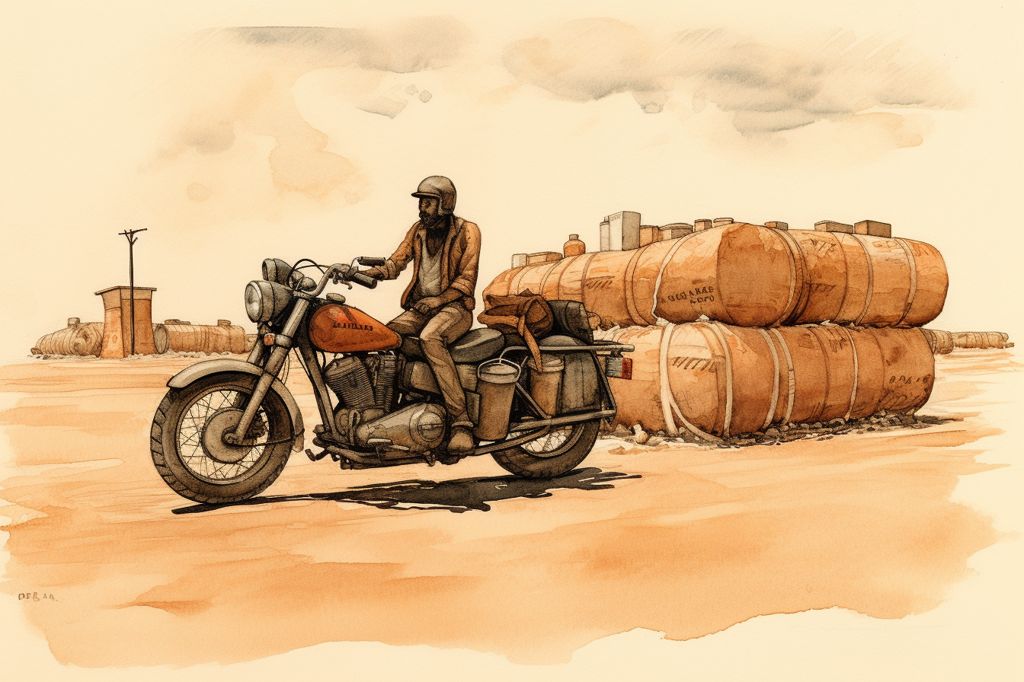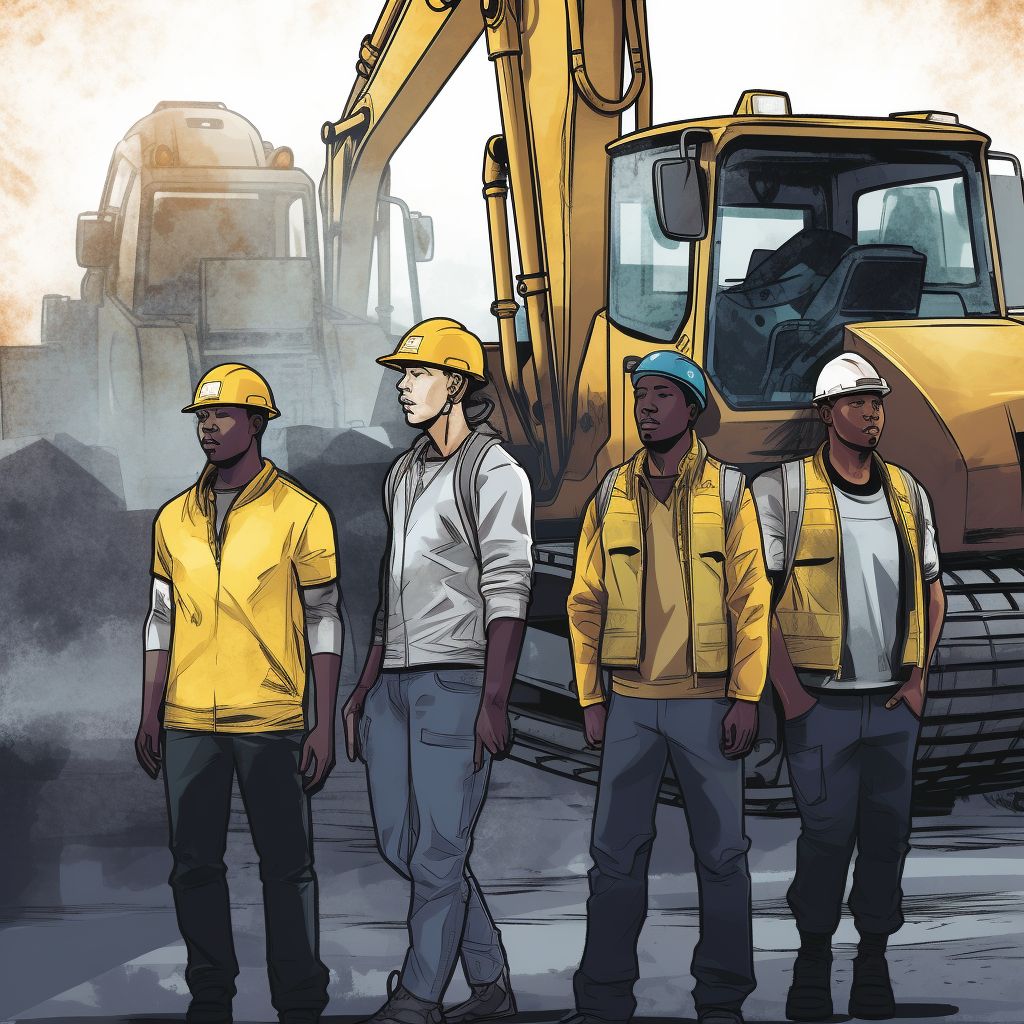Deputy Minister of Water and Sanitation, Ms. Judith Tshabalala, and the South African Female Riders Forum demonstrated an extraordinary act of kindness by donating 1.5 million litres of water to the community of Hammanskraal. The area is currently facing a cholera outbreak and severe water shortages, making this contribution critical.
The Water Donation Effort
On June 3, 2023, Tshabalala, along with hundreds of bikers, primarily women, traveled through Temba and surrounding areas to distribute the much-needed water supply. The Deputy Minister expressed her gratitude for the assistance provided by the Female Riders Forum and encouraged other organizations to emulate their initiative.
The bikers, led by Sully Motsweni, “Bosslady,” donned their signature leather apparel despite the scorching Hammanskraal weather. They tirelessly emptied trucks filled with bottled water and delivered it to needy communities. The journey took them through various households, old age homes, and homes of the disabled in Temba.
The Impact of the Donation
This remarkable effort by Tshabalala, the South African Female Riders Forum, and the bikers marks a significant step towards addressing the water crisis in Hammanskraal. The act of kindness and solidarity serves as a reminder of the power of unity in overcoming pressing challenges and transcending political affiliations.
Inspiration for Others
The Hammanskraal water donation project is an inspiring example of how individuals and organizations can come together to impact lives positively, especially during times of hardship. As the community faces the cholera outbreak and water scarcity, this act of compassion brings hope and inspires others to contribute to alleviating such challenges.
Deputy Minister Tshabalala’s collaboration with the South African Female Riders Forum and the bikers demonstrates a steadfast commitment to addressing the water crisis in Hammanskraal. Their collective efforts, driven by empathy and solidarity, provide invaluable support to the affected communities and serve as an inspiring example for others to follow.












